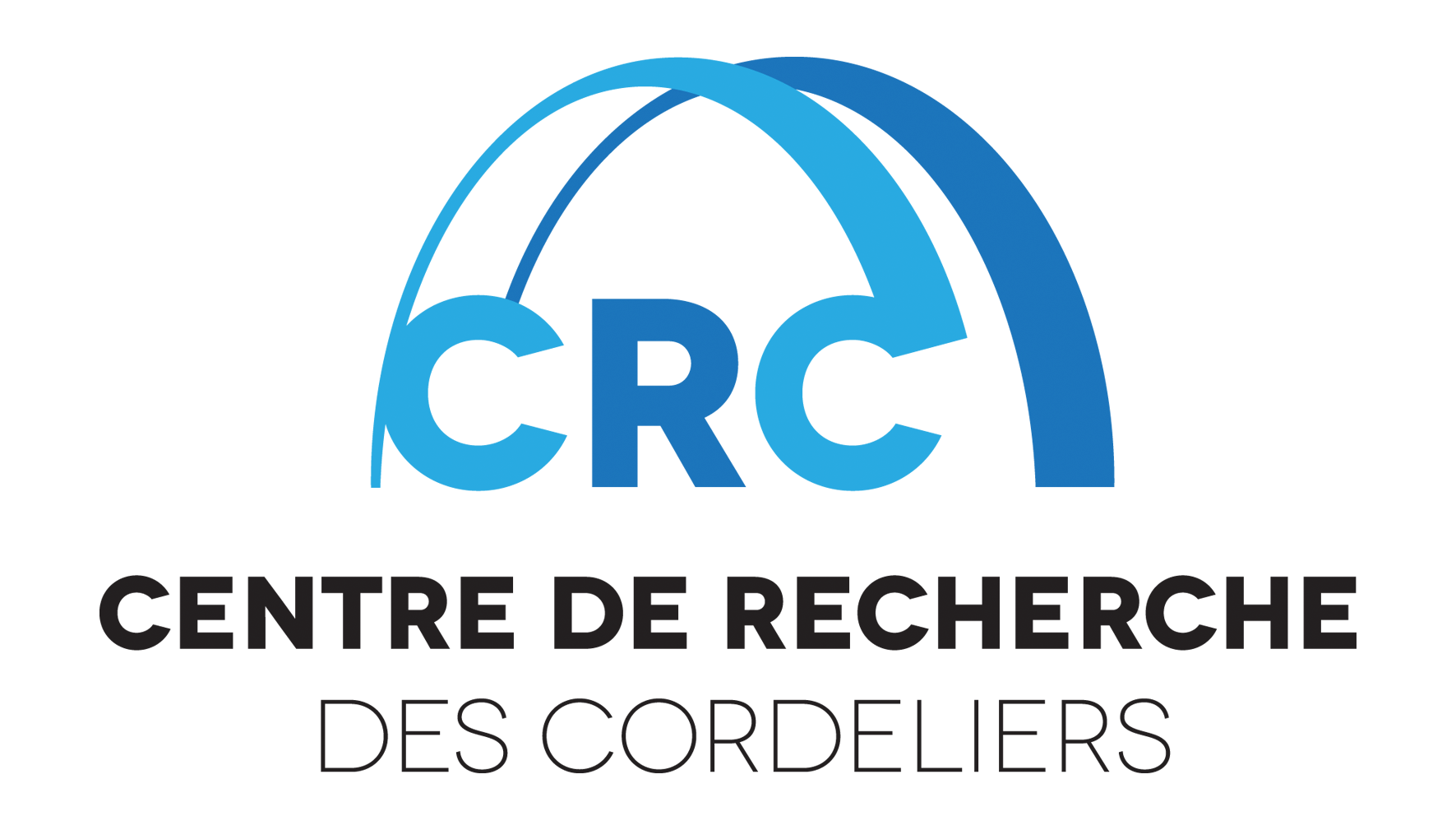By : Leila Perié (Institut Curie)
Date : Thursday 19 December 2024
12:30 PM - 1:30 PM
Place : Amphi Gustave Roussy
Summary: In this talk, I will discuss our latest advancements in both experimental and computational cellular barcoding. Firstly, I will introduce our novel computational tools designed for both biologists and bioinformaticians to study cell lineages using artificial and natural barcodes. Next, I will present the in situ DRAG barcoding system, which enables the study of hematopoietic stem and progenitor cells (HSPCs) in their native niche. Combining DRAG barcoding with single-cell transcriptomics and metabolomics, we revealed that a subset of multipotent progenitors that have higher activity of the pentose phosphate pathway are myeloid-biased. These results show that HSPCs undergo significant metabolic changes to facilitate the bioenergetic and epigenetic demands of myeloid lineage specification.
Finally I will present a new method we have developed to count division in vivo, the DivisionCounter. While approximately 44 divisions are needed to produce without death all 10^13 cells in the human body, current methods are limited to count 10 cell divisions in vivo across diverse mammalian cell types. The DivisionCounter, counts cell division in vivo over large division ranges (~70 divisions) using an easy fluorescence readout. We demonstrate that the DivisionCounter accurately measures the average cell division count of cells both in vitro and in vivo. Its use revealed that leukemia tumor division rates are independent of the organ’s specific microenvironment and CAR-T cell treatment, providing an estimate of tumor death rates in vivo. The DivisionCounter method holds unique potential for quantifying contributions of cell division, death, and migration to the growth of healthy and pathological mammalian tissues.
Biography: Trained as an engineer, Leïla Perié did a PhD in experimental immunology at Institut Cochin in France. She then did a postdoc in the Netherlands in the lab of Ton Schumacher at the Netherland Cancer Institute and the lab of Rob de Boer at Utrecht University. She studied hematopoiesis and T cell at the single cell level, mixing experimental and theoretical work. Since 2015, Leïla Perié head a group the Curie Institute in France. Her lab is interested in understanding hematopoiesis at the single cell level using different experimental and mathematical/computational approaches. Leïla is also the head of the single cell core facility of her institute.
All seminars
